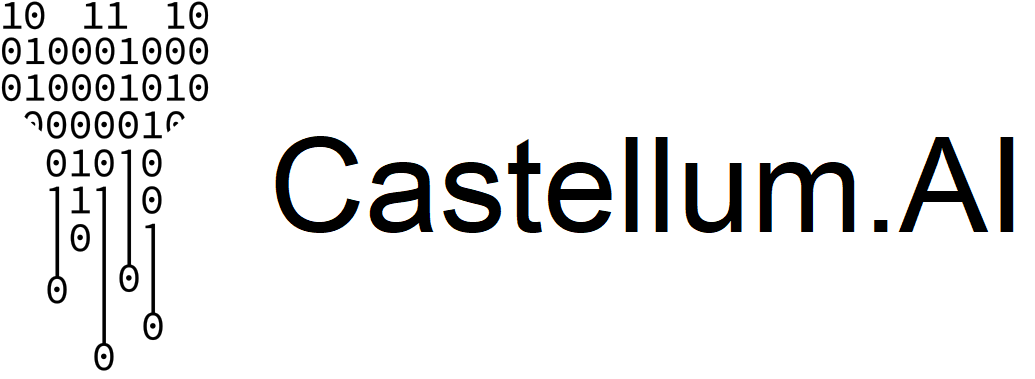Shelf Companies: Built To Mislead
A shelf company is a shell company that is created, and then left inactive for years before being used. Like an aged wine, but for financial crime. Shelfs provide a history of clean business records to persons interested in tax evasion, money laundering and loan fraud. Premium shelf companies also have bank accounts, credit cards, websites, Tax IDs and are “warmed up” where they engage in transactions with other shelf companies to create a transaction and credit history.
Shelf companies are sold by “enabler” lawyers and company formation agents to the highest bidder, with ownership transferring as quickly as in one day. The new owner can then use their shelf to immediately move money or assets globally, or fraudulently obtain a credit line based on the age of their company. If investigators ask questions, the shelf can produce years of records that show a clean record and business activity. In actuality, this record is fake and is meant to mislead.
The only global shelf company database
Data Highlights
-
Castellum.AI has the only global database of shelf companies. We source this data from an internal team of multilingual analysts and investigators, whose experience includes working for governments, intelligence, bank compliance teams and investigation firms.
-
The shelf company database includes companies that have not been disclosed in other public databases, such as Panama Papers. These shelf companies therefore present the highest risk because they are ready to be used by criminals and will not cause an alert on any other screening service.
-
Coverage includes shelf companies registered worldwide, including in otherwise “good reputation” jurisdictions like Ireland, UK, Canada and the US, with coverage of shelfs in all 50 US states.
-
Thousands of shelf companies are regularly added monthly as our team of investigators capture previously undisclosed data sources and update existing ones.
Why Should I Care?
Criminals are increasingly using shelfs over shells
Regulators increasingly care about this issue
Shelfs are also used for tax evasion by shifting earnings to low tax jurisdictions and moving fictitious losses into high tax jurisdictions
Shelfs are used for loan fraud using manufactured activity and tax returns to obtain loans that will never be repaid.
Shelf company data sourced by a team of multilingual analysts and investigators
Castellum.AI analysis of global compliance data shows that financial criminals are moving away from using newly-created shell companies and towards aged shelf companies, for several reasons:
Extensive reporting on shell companies and scandals like the Panama Papers have “burned” thousands of shell companies used by tax evaders and money launderers
Compliance teams using risk-based approaches and increasingly sophisticated typologies are better at spotting shell companies:
A newly incorporated company triggers a red flag review
A lack of transactions triggers a red flag review
A lack of corporate credit triggers a red flag review
A lack of an online presence triggers a red flag review
Shelf companies solve the “new company” problem for criminals, and most importantly, they haven’t been “burned.” For example, all of the shell companies named in the Panama Papers and other scandals are now almost certainly inactive, and while Panama Papers datasets are useful for retroactive analysis, they will not prevent new criminal activity.
Corporate service providers selling shell or shelf companies come with various levels of expertise, but professional ones will set up news alerts for their clients. If a company they use is mentioned in the news, an indictment or is otherwise subject to public scrutiny, the provider will move all relevant activity to another company the same day.
This is why Castellum.AI set out to build a database of “unburned” shelf companies that have not been mentioned in any press or criminal proceedings, but which are assessed as high-risk based on a number of proprietary factors.
To prevent misuse of this data set, this product is only available to government organizations, compliance teams, and investigators.
We’re leveling the playing field
What’s The Difference? Front, Shell and Shelf?
Front Company
Functioning company that appears legitimate serving to disguise illicit financial activity.
Shell Company
Incorporated company that facilitates financial transactions despite having no operations, assets or employees.
Shelf company
Incorporated company with inactive fiduciaries that is left dormant for future use.






